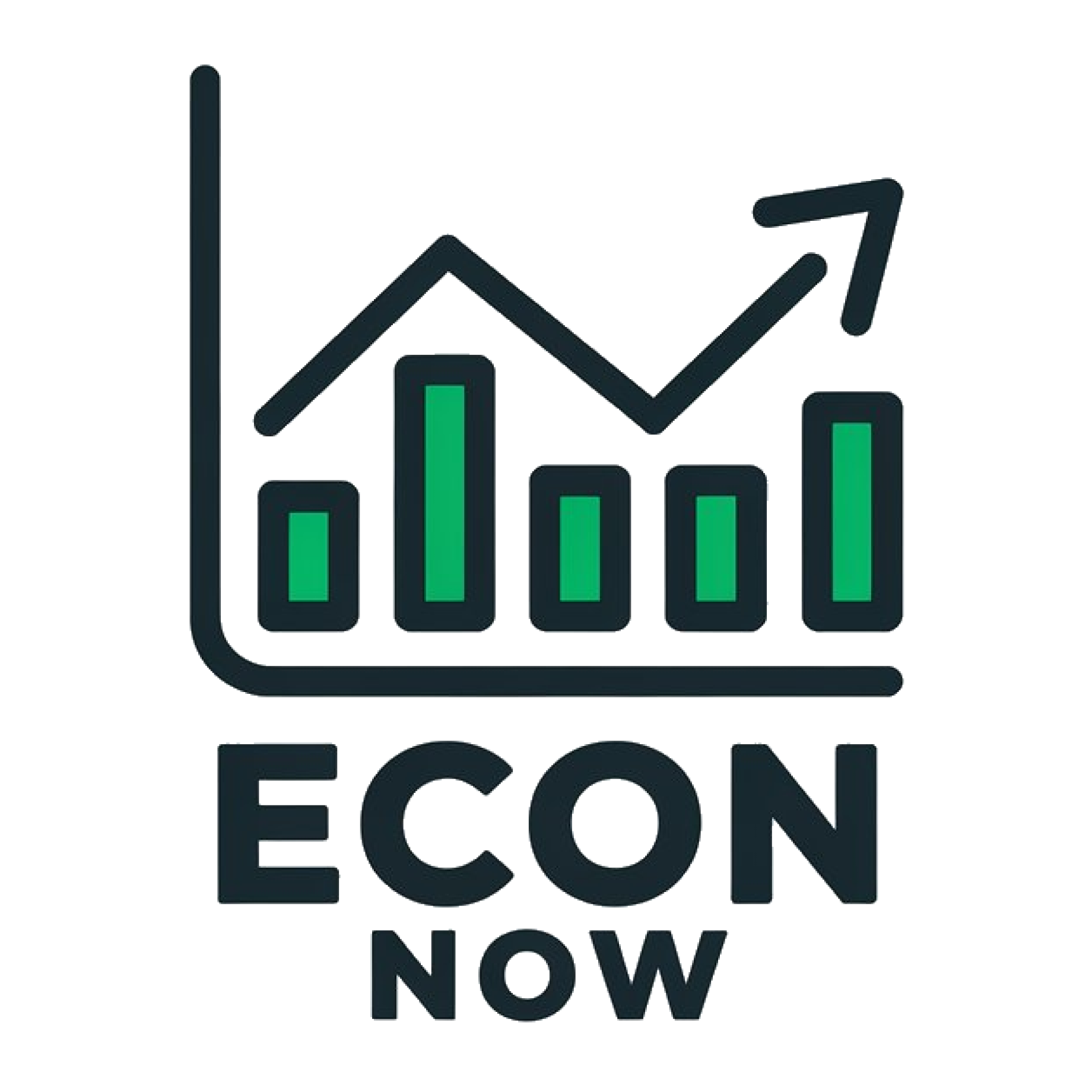1. Introduction
- Briefly mention the diversity of economic debates and opinions found in recent tweets.
- Highlight the range of topics—from H1B immigration and housing shortages to academic controversies about economists’ reading habits.
2. Immigration and H1B
High-Skill Immigration
- Tweets by @erikbryn and @lugaricano discuss pros and cons of high-skill immigration, referencing growth, innovation, and the net fiscal contribution debate.
- @cesifoti shares a personal account of how the H1B transformed his career trajectory.
Impacts on Labor Markets
- @jmwooldridge points out the seemingly contradictory calls to allow more skilled immigrants but restrict certain low-skilled sectors.
- @florianederer and @florianederer highlight how H1B concentration affects wages and job allocations in tech.
Daron Acemoglu’s Angle on H1B
- @DAcemogluMIT examines how immigration inflows might shape the direction of technological change.
3. The Debate: Are Economists Reading Enough Marx, Smith, & More?
Academic Illiteracy Allegations
- Some tweets decry that many economists skip essential texts from Marx or Smith.
- @VincentGeloso argues Marx is overrated historically, while @profdavidharvey tweets are steeped in Marxist commentary.
- @wwwojtekk notes criticisms of economists for ignoring foundational thinkers.
Why It Matters
- The question of reading foundational works ties back to how economists form policy views.
- This sparks a meta-discussion on whether skipping deep theory leads to flawed modern analysis.
4. Spotlight on Daron Acemoglu
Tech Sector Critiques
- @DAcemogluMIT has multiple threads discussing the direction of technology, “remaking” Silicon Valley, and how skilled immigration might affect innovation.
Endogenous Technology & Policy
- Acemoglu cautions about large platforms dominating, encourages more competitive or worker-friendly innovation.
- References to fairness in the data economy (#acemoglu).
5. Tech, Housing, and Market Debates
Permissionless Innovation vs. Investment
- @hamandcheese suggests US capital markets, not just “tech freedom,” drive unicorn creation.
Housing Shortages and Congestion Pricing
- @arpitrage questions the term “housing shortage.”
- @arpitrage sees positive outcomes from pricing policies in crowded cities.
Innovation Economics
- @elidourado notes that ideas are easy to conceive but difficult to execute effectively.
6. Hot Takes
A selection of strong or provocative opinions that don’t always fit neatly elsewhere:
- @ModeledBehavior on the “don’t die” protocol.
- @robinhanson equates modern ideologies to religions.
- @andrew_leach, @GTCost, @BrankoMilan, and @GarettJones share bold opinions on policy, capitalism, or broader cultural trends.
7. Academic Life & Controversies
Econometrics & Teaching Resources
- @pedrohcgs and @jmwooldridge share extensive slides and code on DiD, TWFE, etc.
Workplace Harassment & Gender Issues
- @jenniferdoleac tweets about sexual harassment in academia and negative impacts on women’s careers.
Debates Over Reading & Translation
- @paulnovosad suggests modernizing older texts, referencing the accessibility of literary classics.
8. Conclusion
- Summarize how these tweets illustrate ongoing clashes and evolutions in economics—ranging from immigration policies and the future of tech to internal academic debates.
- Emphasize the continued importance of thoughtful discourse and engagement with both foundational texts and cutting-edge research.
Get the newsletter in your inbox each week
You're in! Check your inbox for a welcome email.

